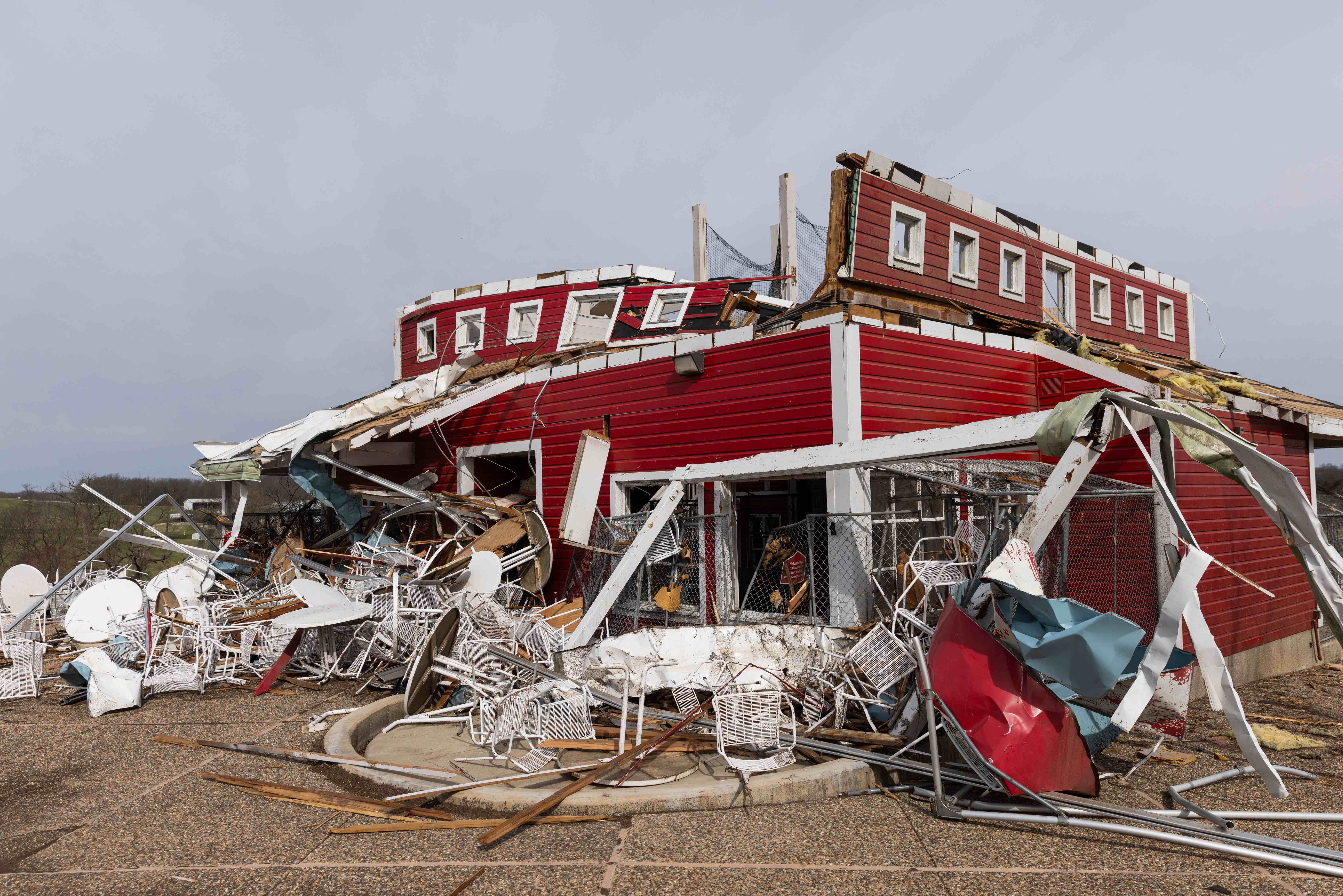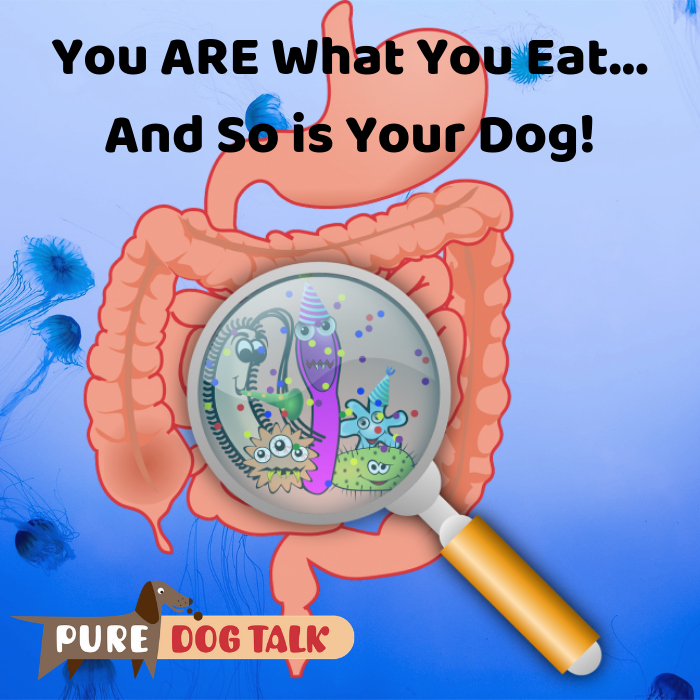684 – Purina Events Center Reopens
Purina Events Center Reopens
Host Laura Reeves is joined by Angie Minges, Director of partnership marketing and events for Purina to discuss the rapid response that reopened the Purina Event Center in time for PCA.

Tornado damage at Purina Farms has closed the Visitor Center, but the Events Center is open for business.
The Purina Farm and Events Center outside St. Louis, MO was hit by an EF2 tornado on March 14. The barn and visitor center were badly damaged. The events center and surrounding grounds sustained significant wind damage wiping out trees, light poles and more.
“What was hit the hardest on our property besides the lovely trees and just the fields themselves were our barn and our visitor center, so both of those two buildings will have to be demolished. It’s so sad and the community has been so supportive and loving and caring of our farm and we couldn’t be more thankful for the people that we have in our lives that love Purina Farms. So yes, it was tragic that that natural disaster happened, but it’s also pulled the community together and we’re just so grateful for everyone that is sending their love and care our way.”
While several events were canceled or relocated, the team worked round the clock to have the RV sites and Events Center ready to safely open in time for Poodle Club of America’s National Specialty last week, Minges said.
She added that the Visitor Center will be closed for at least the rest of the year.
“We have the incredible dog arena on Purina Farms and we have a great incredible dog team that does all the fun tricks and the dock diving. We can’t take the dock diving with us, but we’ll take an agility show to some of the festivals and different wine tastings and events that are taking place in the region throughout the summer. Just to stay connected to the consumer and bring the farm to the community.
320 – You ARE What You Eat and So is Your Dog
You ARE What You Eat and So is Your Dog
Dr. Diane Brown, CEO of the AKC Canine Health Foundation, joins us again to talk about fascinating new research on the “gut-brain axis.” In other words, the microscopic bugs inside the dog’s body are being proven to interact with what’s going on in its brain.
From the CHF Newsletter: “The adage “you are what you eat” may be more profound than we ever realized. A growing body of evidence shows a complex system of two-way communication between the gastrointestinal (GI) tract and neurologic system in humans and dogs. The link between GI health and diseases such as multiple sclerosis, autism, and epilepsy has been studied in humans. In fact, patients with celiac disease or inflammatory bowel disease have an increased risk of developing epilepsy. Since the community of microorganisms that live in the digestive tract – known as the gut microbiome – plays an important role in GI health, what impact does it have on neurologic disease? AKC Canine Health Foundation (CHF) funded researchers are exploring the role of this microbiomegut-brain axis in canine epilepsy.”
http://www.akcchf.org/educational-resources/library/articles/AKC-CHF-Discoveries-Summer-2019.pdf
Gut microbiome
“The bacteria that live in the gut have been shown to have importance to both health and disease,” Brown said.
CHF research is determining what type of bugs normally live in the gut (literally any part of the digestive system from top to bottom). Which ones of those bugs are pathogens and which ones prevent disease is an enormous topic.
Many of us understand, for example, that antibiotics completely change the gut microbiome. But this new research is documenting associations with other disorders, including the impact of bacterial content in the gut and how it is influencing epilepsy and anxiety.
Using proprietary probiotics to manage post-antibiotic diarrhea is one thing. But Probiotics used over the course of six weeks are showing an impact on anxiety behaviors in dogs, providing a non-drug-based treatment for this frequent issue in all dogs.
Poop is cool!
Researchers speaking at a recent CHF conference even discussed using fecal transplants, delivered as an enema, to transplant healthy flora fecal material thereby improving the health of the dog.


